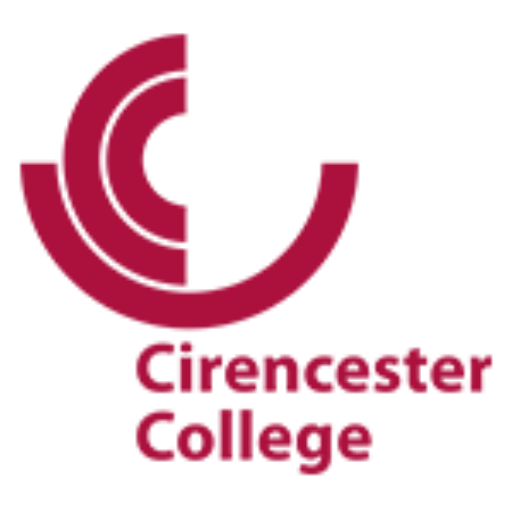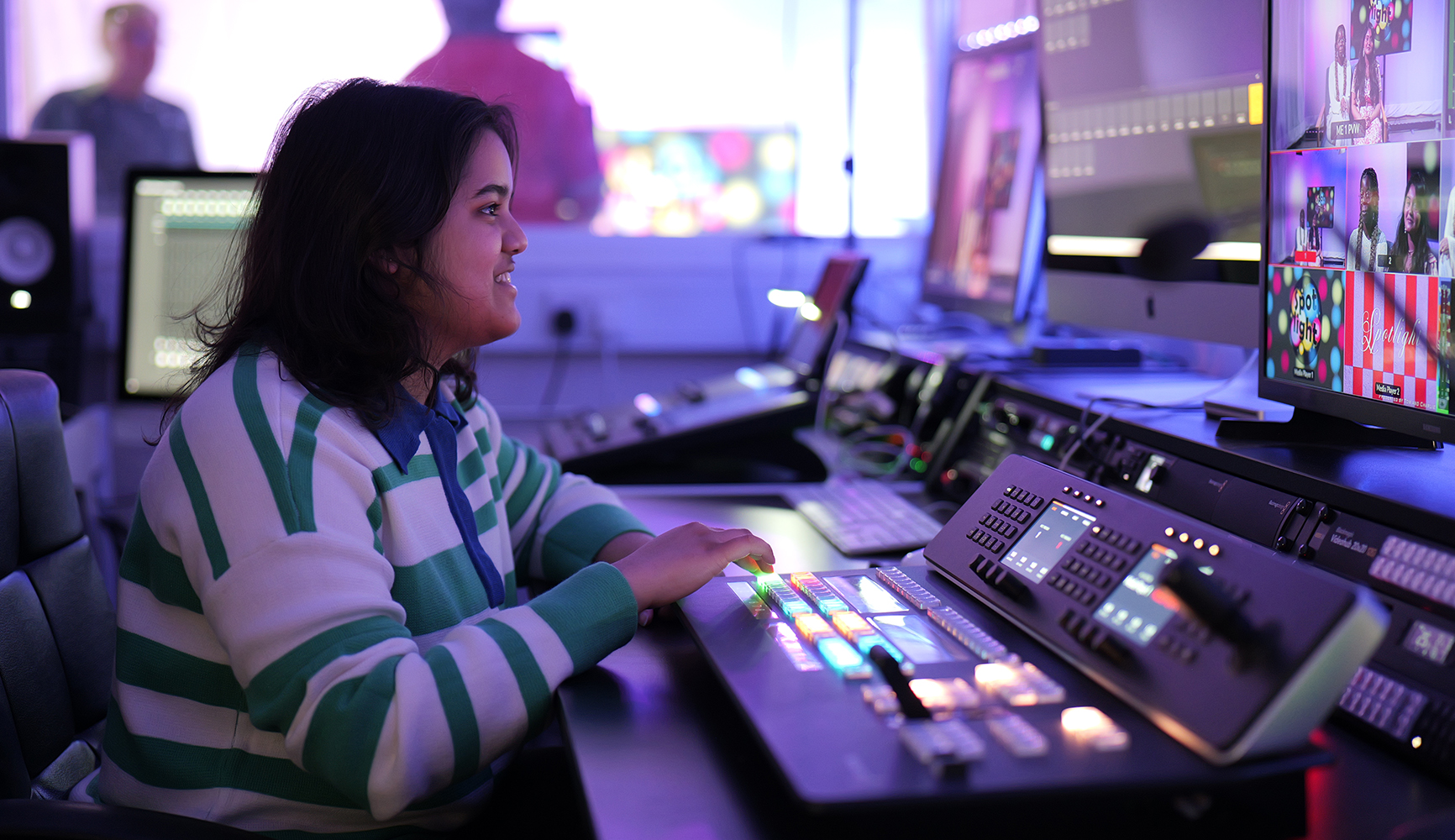DO NOT DELETE OR EDIT THIS ROW OR ITS CONTENTS

Music Technology Level 3 Certificate

This dynamic and hands-on qualification designed for students with a passion for music, technology and creativity. Whether you’re an aspiring producer, sound engineer, performer, or simply curious about how music is made in today’s digital world, this course offers an exciting introduction to the professional techniques and tools used across the music industry. Students will explore the art of music production, sound design, mixing and mastering, and studio recording. Using industry-standard software and equipment, they will learn how to create original tracks, work collaboratively, and develop a strong technical skill set alongside their musical creativity. This course aims to enhance both your practical skills and overall music knowledge.
What will I study in Music Technology Level 3 Certificate?
Over the course of the BTEC Level 3 Extended Certificate in Digital Music Production, students will complete a series of practical and industry-focused units that develop both technical knowledge and creative confidence. These include:
- Digital Audio Workstation (DAW) Skills
This unit provides a solid foundation in using professional music software such as Logic Pro or Ableton Live. Students will learn how to record, edit, arrange, and produce music using MIDI and audio, working with virtual instruments, loops, and effects. By the end of the unit, students will be able to produce structured tracks using a variety of digital tools. - Mixing and Mastering Techniques
In this unit, students will explore how to turn a multi-track recording into a polished, professional-sounding final product. They will develop critical listening skills and apply techniques such as equalisation, dynamic processing, reverb, panning, automation, and final mastering chains. The focus will be on both creative and technical aspects, with an understanding of how to deliver tracks ready for streaming or broadcast. - Synthesis and Sampling
Students will dive into the world of sound design, learning how to create and manipulate sounds using synthesizers and samplers. This includes subtractive, additive, and FM synthesis, as well as building custom sample instruments. They will explore how these tools are used in genres from electronic to hip-hop and film music, and apply them in original compositions and remixes. - Sound for Media
This unit focuses on producing music and sound effects for visual content such as film, television, games, or online video. Students will learn how to compose to picture, sync audio with visuals, and use foley and ambient sounds to enhance mood and storytelling. Real-world projects may include creating a soundtrack for a film trailer or soundscaping a short animation. - Commercial Music Production
In this unit, students will develop music to meet the needs of clients or target audiences. They will study current trends in popular music, understand how genres evolve, and respond to creative briefs — for example, producing a radio-ready single, music for advertising, or tracks aimed at a specific demographic. This unit encourages both commercial awareness and creative flair.
Each unit combines hands-on learning with critical analysis and reflection, encouraging students to think like producers, develop a personal style, and prepare for further study or employment in the creative industries.
Entry Requirements
5+ GCSEs at Grade 4 or above from the core subjects, including English Language and Maths.
How will I learn?
This is a two-year linear course, with students attending 4 hours and 30 minutes of timetabled lessons per week dedicated to Digital Music Production. During this time, students will take part in a variety of engaging and practical learning activities, including:
- Lectures and demonstrations to introduce key concepts, techniques, and software tools
- Hands-on workshops where students apply what they’ve learned in a controlled, supportive studio environment
- Individual and group projects that reflect real-world music production scenarios
- Guided studio sessions using industry-standard recording and production equipment
- Critiques and peer reviews to develop critical listening, constructive feedback, reflective and analytical skills
In addition to class time, students may be expected to use studio and computer facilities independently to complete assignments and build their portfolios — helping them gain valuable experience managing their own creative projects.
Through the course, students will develop a broad range of transferable and industry-specific skills, including:
- Technical proficiency with digital audio workstations (DAWs) and production hardware
- Advanced listening and analytical skills for mixing and mastering
- Creative sound design and music composition techniques
- Project planning, time management, and meeting creative briefs
- Collaboration and communication skills essential for working in music and media environments
By the end of the course, students will have the confidence and capability to produce professional-quality music and be well-prepared for further study or a career in the creative industries.
How will I be assessed?
Assessment for the BTEC Digital Music Production course is designed to reflect real industry practices, focusing on practical application, creativity, and technical accuracy.
Students will complete a range of coursework-based assignments throughout the course. These include warm-up tasks and practice projects designed to build confidence and develop key skills before moving on to formally assessed work. Coursework tasks may involve producing original tracks, creating sound for media, or completing mixing and mastering projects — all supported with written evaluations and project documentation.
In addition to internally assessed units, there is also an externally assessed unit, which is set and marked by the exam board. This will include both a timed practical assessment and a written component, designed to test students’ ability to respond to a brief and apply their technical knowledge under controlled conditions.
There are no traditional written exams. Instead, the assessment approach encourages independent learning, critical thinking, and creative problem-solving — all essential skills for success in music production and related fields.
Any trips?
We visit local universities to give students a taste of possible next step and we aim to visit a professional recording studio each year.
Are there any costs involved?
This course is designed to make the most of the resources available at college, but there are a few essential items students will need to bring to every lesson:
- A wired pair of closed-back headphones suitable for music production (not earbuds), we have basic headphone available however those are not of high quality
- A USB storage device or external hard drive to back up and transfer project files
These items are crucial for daily coursework and ensure students can work efficiently and independently during studio sessions.
While not a requirement, it is strongly recommended that students also have access to a Digital Audio Workstation (DAW) at home — such as Logic Pro, Ableton Live, or a free alternative like Cakewalk or Tracktion — to support learning outside of college and allow for extra practice and project development.
Some optional costs may arise if students wish to expand their setup at home (e.g. MIDI keyboards, audio interfaces), but these are not required to complete the course successfully.
Device Requirements
MacBook (16GB RAM minimum | M2 or above)
If you already own a device that meets the technical requirements of your course, you are welcome to bring it with you to college.
If not, more information on a convenient rental and help-to-buy scheme designed specifically for Cirencester College students is linked below.
FAQs
You do not. However, many students do and find this very beneficial.
No. However, it is a huge advantage if you do.
Yes you will have access. However this will be limited by timetables/other classes.
Yes, the are assignments that do offer this opportunity. however most of the focus of the course is building technical skills, rather than writing songs
Awarding Body
EDEXCEL
Available As
[56 UCAS pts. available]

Add to Application
What can I do after I have taken this course?
Available As
[56 UCAS pts. available]

Add to Application

DO NOT DELETE OR EDIT THIS ROW OR ITS CONTENTS














